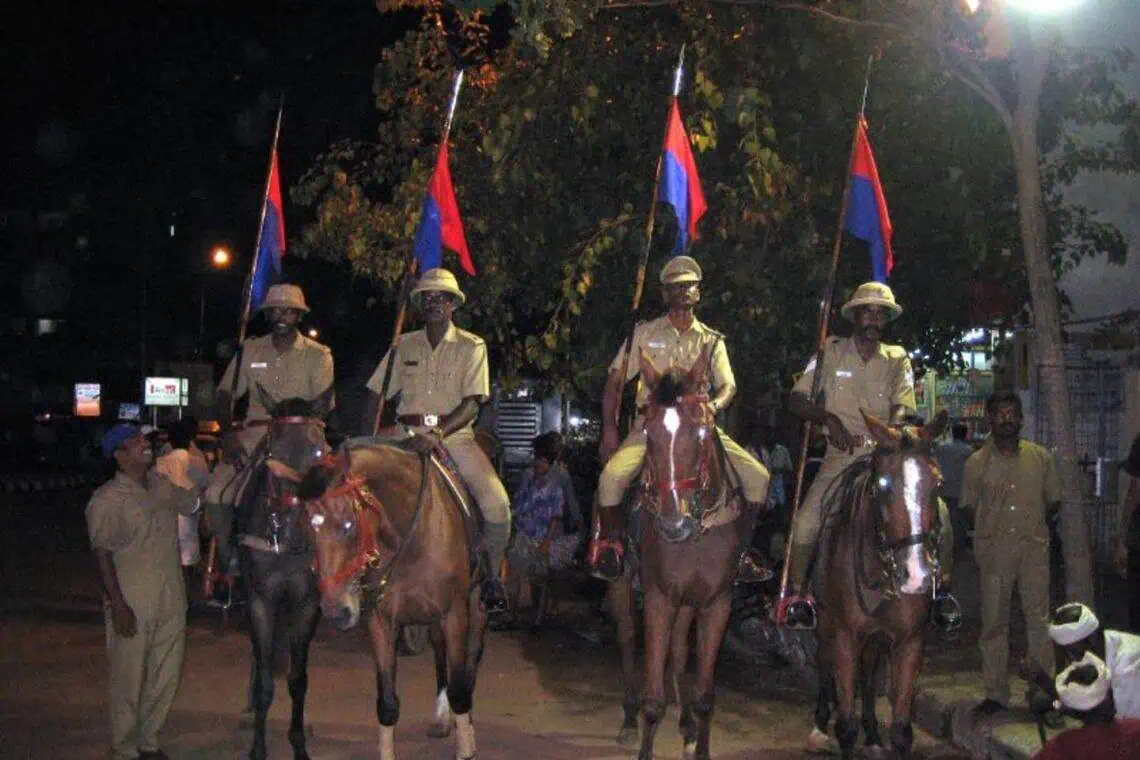Indian authorities launched high-profile raids on Gupta family properties on 26 August 2025. The operation followed a Mutual Legal Assistance Request from South Africa. The Gupta brothers—Ajay, Atul, and Rajesh—are central to allegations of large-scale corruption and state capture during former President Jacob Zuma’s tenure (2009–2018). This operation represents a significant step in the global pursuit of justice for their alleged role in siphoning billions from South African state coffers, highlighting international efforts to combat cross-border corruption.
Details of the Raids in India
India’s Enforcement Directorate targeted Gupta-linked properties in New Delhi, Mumbai, Ahmedabad, and their ancestral home in Saharanpur, Uttar Pradesh. Conducted under the Prevention of Money Laundering Act, the five-hour operation focused on businesses tied to the Guptas. This included entities linked to Indian businessman Piyoosh Goyal’s World Window Group and associate Ram Ratan Jagati, accused of laundering funds through a Dubai-based shell company, JJ Trading FZE. Authorities seized documents and questioned individuals to gather evidence of financial crimes linked to South Africa’s state capture allegations.
The raids were prompted by South Africa’s request to investigate the Guptas’ role in securing lucrative state contracts and influencing government appointments during Zuma’s presidency. A four-year inquiry detailed how the brothers facilitated corrupt acts involving senior African National Congress members and state officials, costing South Africa an estimated R500 billion (around $26 billion).
The Gupta Brothers’ State Capture Legacy
Originally from Saharanpur, the Gupta brothers moved to South Africa in 1993, building an empire in mining, media, and technology. Their close ties to Zuma allegedly helped them secure contracts with state-owned enterprises like Transnet, Eskom, and Denel, while influencing key appointments (business empire details). The 2022 inquiry report accused them of creating a “culture of corrupt practices,” with witnesses claiming they siphoned billions through illicit financial networks. Their Saxonwold compound in Johannesburg, recently sold for R34.5 million, symbolized their once-untouchable influence.
The Guptas fled South Africa in 2018 as investigations intensified, relocating to Dubai. In June 2022, Atul and Rajesh were arrested in the UAE following an Interpol red notice. However, the UAE rejected South Africa’s extradition request in February 2023 due to technical issues with documentation. Justice Minister Ronald Lamola criticized the decision as inconsistent with anti-corruption conventions (extradition complications).
International Cooperation and Legal Challenges
The raids show renewed momentum in South Africa’s pursuit of justice. The Investigating Directorate Against Corruption is preparing a new extradition application. A joint task force with the UAE has been established to prevent past failures. Political analyst Ralph Mathekga noted that while the raids indicate progress, extraditing the Guptas could expose sensitive political ties within the ANC due to their knowledge of high-level corruption (political implications).
South Africa has faced setbacks. Reports suggest the Guptas may have been seen in Switzerland or sought asylum in the Central African Republic (global movements). The US sanctioned the brothers in 2019 for their role in widespread corruption, further restricting their financial operations (sanctions impact).
A Global Crackdown and Future Outlook
The raids in India, combined with South Africa’s liquidation of Gupta assets, indicate a tightening global net around the brothers. Challenges remain, including complex extradition processes and political sensitivities. Community groups, including the Organisation Undoing Tax Abuse, stress the need for transparency and swift prosecution to restore public trust (public accountability). As investigations continue, the central question remains: Will the Guptas finally face justice in South Africa?
